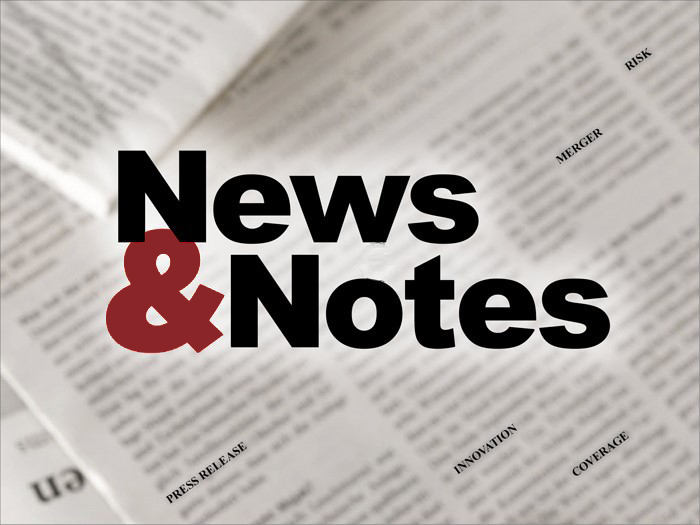What Do Wildfires, Water Scarcity and Trump Have in Common? They All Impact Business Travel Risk
As we progress into the new decade, two risks in particular will underpin the most dangerous security threats this year: The ongoing effects of climate change and the potential final year of the Trump administration.
In the case of the former, it will be the mostly unseen, long-term effects that are the greater danger, as droughts, floods or fires (such as the catastrophic Australia wildfires) destroy land and livelihoods and become the catalysts for new violent conflicts and forced migration.
Meanwhile the prospect that 2020 could be the final year of the Trump presidency bodes ill for international peace.
Both allies and antagonists of the United States may feel that the level of impunity they have enjoyed in foreign affairs since 2016 may be coming to an end.
Climate Change and Its Impact on Travel
Sustainability is already proving to be the watchword for 2020 — the impact of climate change on the world is now clear to see.
Climate change has led to abnormal patterns of torrential rainfall, devastating floods, severe storms, prolonged heat waves and increased temperatures — all leading to growing water scarcity, droughts and dangerous wildfires.
Australia is currently fighting an unprecedented bushfire season, which has been caused by record temperatures and widespread drought.
As heat waves increase in intensity and duration, protests over water scarcity are likely to multiply in 2020, particularly in water-stressed nations like India and Pakistan and in Middle Eastern countries like Iran, Iraq and Lebanon.
Violent clashes over increasingly scarce water and land resources can be expected in countries like Mali and Nigeria, between farmers and herders, while public discontent is likely to extend to pockets of extreme water scarcity in under-developed regions of Italy and Spain as well as the U.S. states of New Mexico and California.
With the increased frequency of natural disasters — such as Hurricane Dorian, which caused massive destruction across the Bahamas in September 2019 — fatalities, business and travel disruptions and power and communication outages are becoming recurrent.
Efforts to reverse the damage caused by climate change are insufficient as the United States, the second-largest carbon emitter, plans to withdraw from the landmark Paris Agreement in 2020 if Trump wins another term in office.
A Collapsing World Order: U.S. 2020, Brexit
This brings me on to the political situation in the U.S. and the UK.
The results of the 2015 Brexit referendum in the UK and the 2016 U.S. presidential election continue to upend long-standing domestic political norms in both countries.
The long-term outcome of both events is unclear at present, but a return to the status quo is unlikely in either country — the pro-Brexit and pro-Trump coalitions that won in 2015 and 2016 have mobilized social forces that will remain on the scene for years to come.
Far-right politicians and media organizations will gain further prominence in the Western world in 2020, particularly as President Trump intensifies his campaigning for the presidential election in November.
Attacks similar to the deadly March 2019 shootings at a mosque and an Islamic center in Christchurch, New Zealand, and the August 2019 mass shooting in El Paso, Texas, remain possible, particularly in the U.S. as right-wing groups gain more appeal and expand their presence in mainstream American politics.
When the UK leaves the EU, scheduled for the end of this month, this will lead to major economic changes in the trading bloc.
At the same time, EU members will face further economic disruptions from the U.S.-China trade war fallout as, so far, none of President Trump’s Democratic rivals have promised to remove the tariffs imposed by his administration.
Although predicting what will happen in 2020 is a fool’s errand in what feels like an increasingly irrational world, a careful examination of ongoing and emerging trends provides risk professionals with crucial information for businesses planning the year ahead. &










